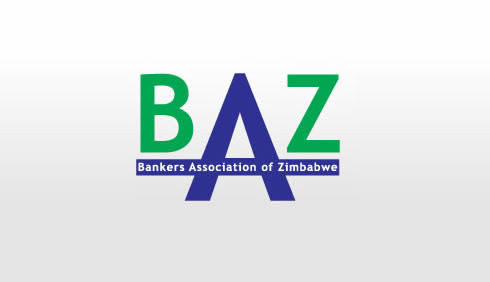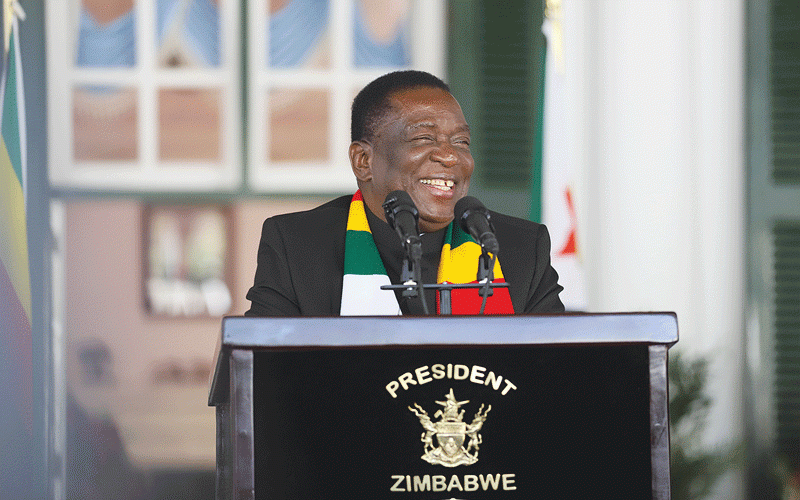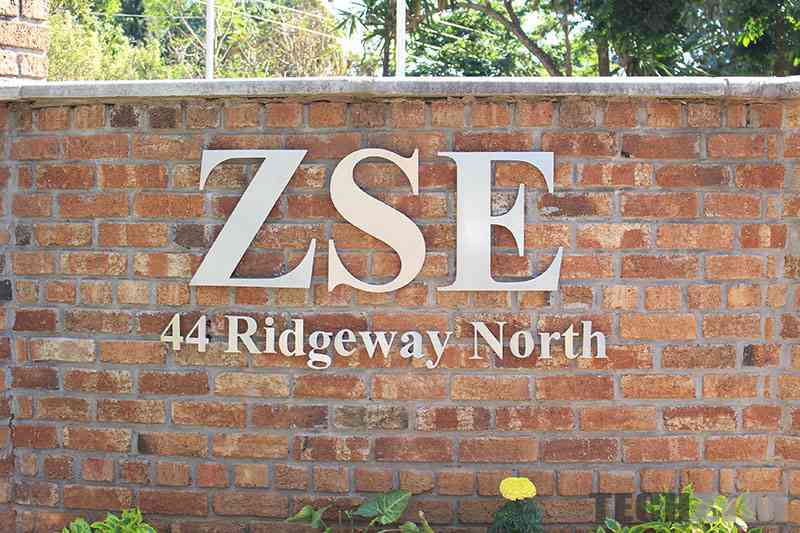
AS reported elsewhere in this edition, the Bankers Association of Zimbabwe (BAZ) has sounded the alarm on the informal sector.
In a paper submitted to government, BAZ said a largely informalised economy presents challenges to the fight against money laundering and combating the financing of terrorism.
The informal sector's transactions are difficult to trace and monitor, leading to tax evasion and reduced government revenue. Approximately US$2,5 billion worth of cash circulates informally in the economy, limiting the circulation of money within formal banking channels.
This is a recipe for disaster. It does not only affect the banking sector, but the broader economy. BAZ proposed simplifying the registration process for informal entities to transition into formal companies.
This can be achieved by encouraging formalisation through tax breaks and incentives. It is noteworthy that this is not the first time BAZ has raised these concerns.
Finance minister Mthuli Ncube ignored the bankers early this year, when he presented his 2024 mid-term budget review statement.
In a document submitted to Ncube in July, sharing bankers’ expectations for the 2024 mid-term budget review, BAZ also called for the Intermediated Money Transfer Tax (IMTT) to be reduced. They argued that the bulk of transactions had shifted to the informal market as businesses tried to avoid taxation, leading to revenue losses.
Ncube, however, ignored their demands. This week, BAZ raised similar issues again, saying the current 2% IMTT on electronic transactions promotes cash transactions and discourages formal channels, leading to increased revenue leakages. The government introduced the 2% IMTT about six years ago to boost revenue inflows. Since then, the tax has faced criticism for driving up prices in the domestic market and adding to the burden of economic actors already stretched by prolonged volatility.
- Ex-Q, Winky D, Baba Harare head for Odyssey
- Junior Sables lament Matipano loss
- Who was the real Elvis Presley?
- Bazooker, Jah Master, Mathias Mhere for Beitbridge braai fest
Keep Reading
BAZ also called for a review of Statutory Instrument 96 that stipulates a 2% levy on cash withdrawals of US$1 000 and above, which it argued increased informalisation. It lobbied for exemption on value-added tax charged on the importation of e-payment infrastructure to promote digital transformation. As a way forward, it is crucial for the government to address these concerns and implement the recommended changes.
Reducing IMTT and reviewing Statutory Instrument 96 of 2022, as pointed out by BAZ, can encourage formalisation. By simplifying registration and providing tax breaks, small businesses can transition into formal entities, increasing tax revenue. This is what we want.
As proposed recently by Zimbabwe National Chamber of Commerce president Tapiwa Karoro, the IMTT should be tax deductible for businesses. It should be removed when remitting tax to the Zimbabwe Revenue Authority. The tax is also too high for ordinary citizens.
The government must provide a stable policy environment to promote trust in the financial system. A grace period before implementing policy changes can help the economy adapt. Zimbabwe's informal sector poses significant challenges to the economy. Ignoring these concerns can lead to further economic instability. The government must work with BAZ and related organisations to address these issues and create a more formalised and stable economic environment.
Ignoring these concerns is detrimental to the economy.











